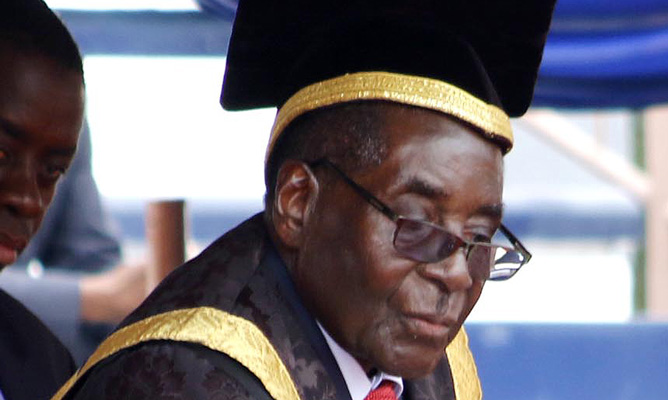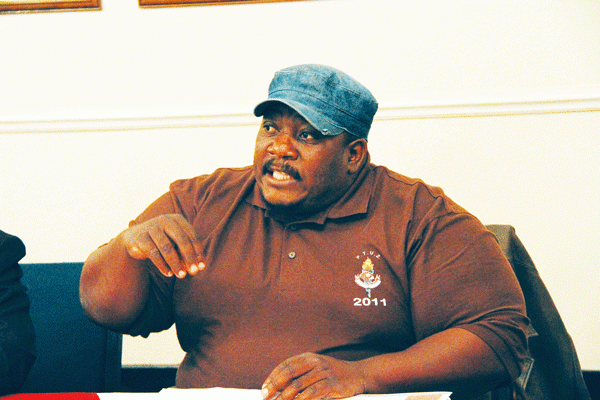
The University of Zimbabwe (UZ) has reportedly announced plans to lay off 700 out of its 1 300 non-academic staff complement, as the once prestigious academic institution battles to stay afloat.
BY XOLISANI NCUBE
According to insiders, the institution last week informed its staff that it was embarking on a “rationalisation” exercise in line with the current economic environment.
“We were told that the institution wants to rationalise its workforce through retrenchments and the target number is over 700. This is mainly non-teaching staff. The argument is that things are tight, the economy is not ticking and the university is struggling to remain afloat,” an official, who requested anonymity, as he is not authorised to speak to the media, said.
This comes as most non-teaching staff are yet to receive their October and November salaries, while lecturers were in three months’ salary arrears. Authorities were not answering their phones yesterday.
Higher and Tertiary Education minister Jonathan Moyo said government was aware that staff at State universities were owed at least three months’ salaries and Treasury was working hard to meet the State’s obligation.
But Moyo yesterday said he was unaware of the reported retrenchments, saying: “I am not UZ, comrade. Only UZ can tell whether what you say you have heard is true or not.”
In May this year, government announced that State-owned universities should commercialise their activities, as the State was unable to foot their wage bills.
- Chamisa under fire over US$120K donation
- Mavhunga puts DeMbare into Chibuku quarterfinals
- Pension funds bet on Cabora Bassa oilfields
- Councils defy govt fire tender directive
Keep Reading
Then Higher and Tertiary Education minister Oppah Muchinguri advised vice-chancellors of all State universities to start focusing on commercial projects and cut workers’ salaries to reduce the burden on government.
Muchinguri said universities needed to bolster their private income streams, as the government could only afford half of its current higher education salary obligations.
Another UZ staffer said had it not been for the donor community that has been bankrolling some of the institutions’ faculties, most departments would struggle to fulfil their academic requirements.
“Most of the projects are bankrolled by NGOs [non-governmental organisations] and it is these institutions that have kept most departments going,” the insider said.
Most State institutions were allocated farms and government had directed that they commercialise these properties to meet part of their budgets.











